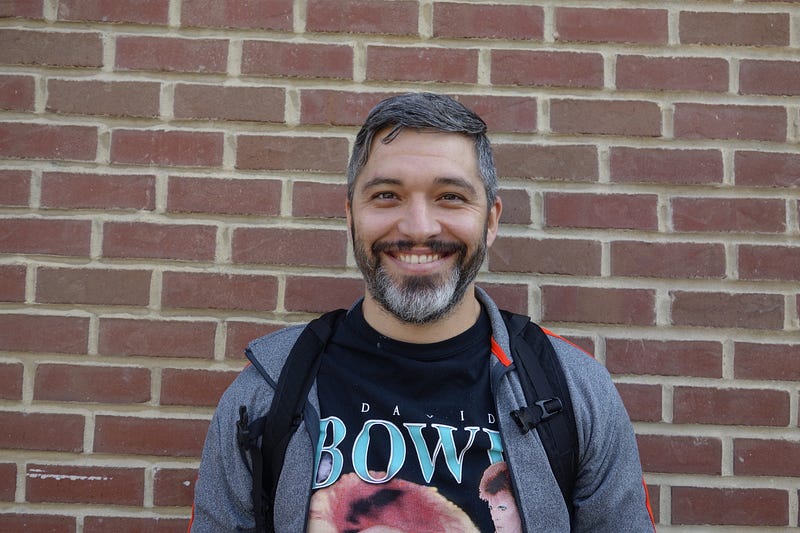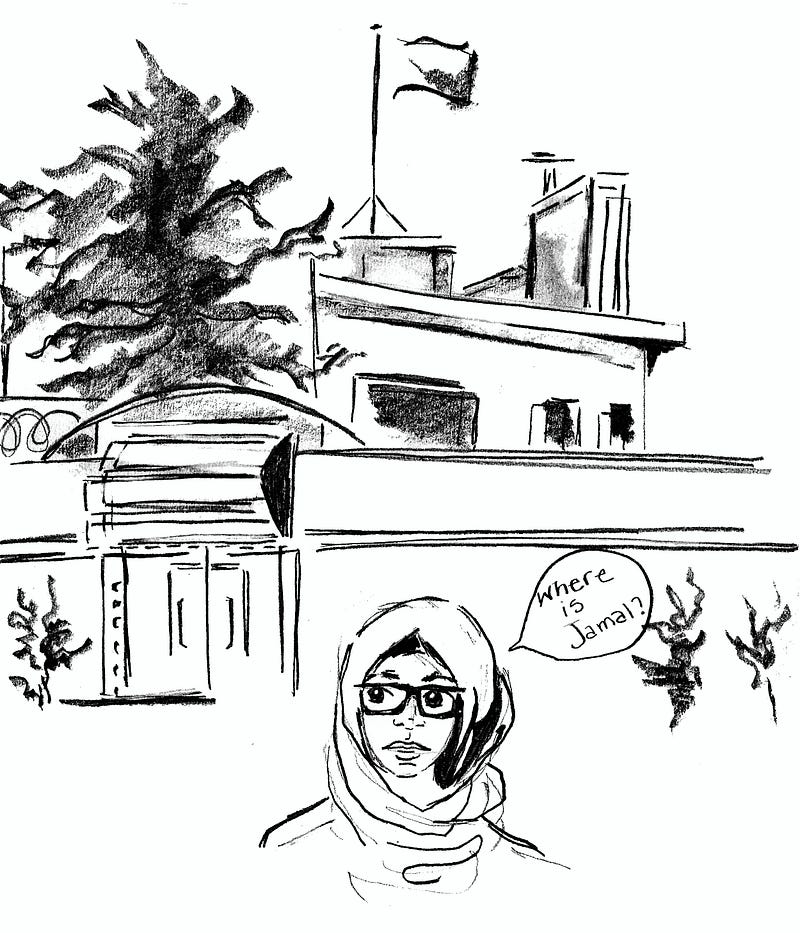
By Robert Hinton
Washington Post journalist Jamal Khashoggi walked into the Saudi Arabian Consulate in Istanbul, Turkey, early on Oct. 2 to obtain a document for his marriage. He was never seen again.
The Saudis, after 18 days, confirmed that Khashoggi was killed in the consulate, but it took an investigation by the Turkish government and the U.S. State Department before the Saudis admitted Khashoggi was dead.
His Turkish fiancee’ had waited outside the Consulate until midnight after he disappeared.

It is suspected that after he was killed his body was dismembered and removed from the Saudi grounds. His remains were found buried in the garden of the Saudi consul general’s Istanbul home on Oct. 23, according to a Sky News report.
Khashoggi worked for the Saudi government as an advisor, and he was a successful journalist for Saudi publications until 2017. He fled to Virginia because of political pressure exercised by the Saudi government under the guidance of Crown Prince Mohammed bin Salman.
In the summer of 2017, Khashoggi began working as a correspondent for the Washington Post, writing stories critical of the crown prince and the Saudi government. He wrote about civil rights violations and purges within the government directed by the crown prince after he became the deputy prime minister of Saudi Arabia in June 21, 2017.
Khashoggi is another victim of an authoritarian state that wants to suppress information and silence the press, but he is not the only high-profile journalist that has been murdered to erase dissent recently.
Journalists are persecuted and murdered in many countries in the world. According to the Committee to Protect Journalists, 46 were known to be murdered in 2017 alone.
Maltese journalist Daphne Caruana Galizia was assassinated on Oct. 16, 2017, in Malta after a bomb attached to her car detonated, killing her instantly. She was the founding and contributing journalist on the “Panama Papers,” which accused several Maltese political officials of corruption and other scandals.
Anna Politkovskaya received international awards for her writing about war and politics in Russia. She wrote critically about Russian President Vladimir Putin, and published scathing reports on the Chechen wars and President of Chechnya Ramzan Kadyrov. Politkovskaya was murdered at her home on Putin’s birthday, Oct. 7, 2006. Her murder remains unsolved.
Since 2000, when Putin came to power, 21 Russian journalists have been killed.
Citizens that risk their freedom and lives to inform others about evils within society must be protected. Democratic ideals need to be preserved and freedom should be promoted for all people. The United States needs to do everything in its power to put pressure on governments that do not respect journalists and the right to free speech. If we concede to this brutalization, we are condoning it.
In his final piece for the Post, Khashoggi wrote that “the Arab World needs a modern version of the old transnational media so citizens can be informed about global events… Through the creation of an independent international forum, isolated from the influence of nationalist governments spreading hate through propaganda, ordinary people would be able to address the structural problems their societies face.”

























